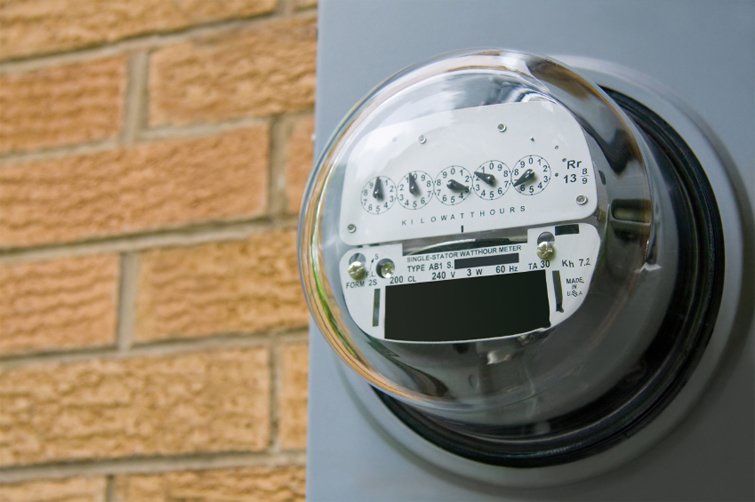Business electricity plans differ from residential plans in several key ways. The needs of a business are often more complex, with higher usage levels, different peak demand times, and varying contractual needs. Here's a basic breakdown of the kinds of options and considerations involved in business electricity plans:
-
Contract Length: Businesses often have the option to sign longer-term contracts than residential customers. These can range from one to several years, allowing for more predictable energy costs.
-
Rate Structures:
- Fixed Rate: Locks in a price per kWh for the duration of your contract. This can be useful for budgeting and protection against price spikes.
- Variable Rate: The rate can change based on market conditions. This can be beneficial when prices drop, but there's a risk if prices rise.
- Demand Rates: Some businesses are charged based on their peak demand, or the highest amount of electricity they draw at any one time.
- Time-of-Use Rates: Prices vary depending on the time of day. This can be advantageous for businesses that can shift their high-use activities to off-peak times.
-
Green Energy Options: Businesses might have the opportunity to opt for plans that source a portion or all of their energy from renewable sources.
-
Demand Response Programs: Some utilities offer incentives for businesses willing to cut back on electricity use during times of high demand.
-
Customized Solutions: Given the diverse needs of businesses, many electricity providers offer tailored solutions to meet specific needs. This could include on-site generation, backup generation, or other specialized arrangements.
-
Usage Analysis: Some providers might offer analysis or energy audits to help businesses understand their consumption patterns and find ways to save.
-
Additional Services: Beyond electricity provision, some providers offer energy management tools, maintenance services, and other ancillary services.
-
Pricing: Commercial rates might be different from residential rates. Businesses often use more electricity, so they may qualify for volume discounts. However, because of their larger demand and consumption, they might also face demand charges or other additional fees.
-
Billing: Commercial billing might be more complex than residential, especially for larger businesses or those with multiple locations. Consolidated billing, detailed usage reports, and other specialized billing best electricity plans services might be available.
-
Contractual Details: Always pay attention to details like early termination fees, renewal terms, and any other obligations or penalties.
When choosing a business electricity plan:
- Understand your business's electricity consumption patterns.
- Consider any anticipated changes in your business operations or size.
- Determine your priorities (cost stability, green energy, flexibility, etc.).
- Shop around and get quotes from multiple providers.
- Read the contract thoroughly before signing.
Remember, while cost is always a significant factor, reliability and customer service can be just as crucial for businesses that depend on a steady power supply.


No comments yet